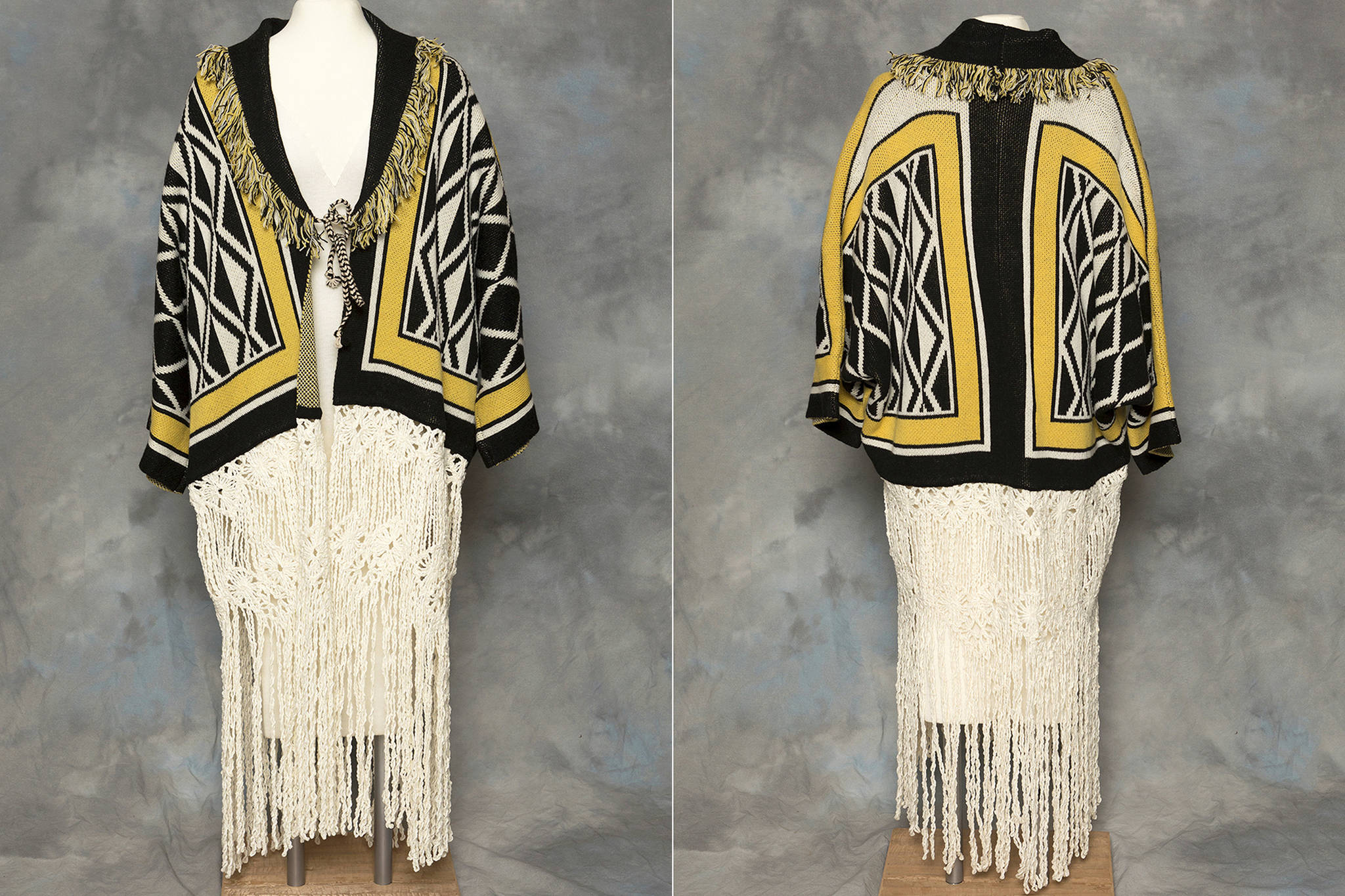Associated Press
An Alaska Native cultural organization and the luxury department store Nieman Marcus have settled a lawsuit over the sale of a coat with a copyrighted, geometric design borrowed from Indigenous culture.
Sealaska Heritage Institute said in a statement on Wednesday that both sides, including 11 other defendants besides Nieman Marcus, agreed to terms “to resolve all disputes between them under U.S. and Tlingit law,” Juneau Public Media reported.
The Juneau-based institute is the cultural arm of the Sealaska Corp., the Alaska Native corporation for the Tlingit, Haida and Tsimshian people of Southeast Alaska.
In a federal lawsuit filed in April 2020, the institute maintained that the Dallas-based retailer falsely linked the $2,555 “Ravenstail” coat to Northwest Coast Native artists from California to Alaska through the design and use of the term Ravenstail. Sealaska said it discovered that the retailer was selling the coat in 2019.
[SHI sues retailer for ‘blatant’ copyright infringement]
The institute in its lawsuit said the Ravenstail term and style has been associated for hundreds of years with Tlingit, Haida and Tsimshian people. According to the lawsuit, the coat also mimics a Ravenstail coat created by a Tlingit weaver nearly a quarter century ago.
According to the lawsuit, Neiman Marcus violated the federal Indian Arts and Crafts Act requiring that products marketed as “Indian” are actually made by Indigenous people.
Sealaska also said that the Neiman Marcus robe violates the copyright of Clarissa Rizal, a master weaver who created the Ravenstail robe in 1996. When she died in 2016, her family obtained the rights to the robe, Adams said.
In 2019, Rizal’s heirs registered the robe with the U.S. copyright office, the lawsuit said. The copyright was then exclusively licensed to Sealaska.
Sealaska’s lawyer, Jacob Adams, told the Juneau public radio station that the terms of the settlement were confidential but that “some effects of it may become public.”
“There are conditions that are being met to meet the Tlingit law aspect and cultural requirement aspect,” Adams said. “So, in the future, some things may be seen as a result of the settlement.”
Neither Nieman Marcus nor its Alaska-based attorneys in the lawsuit immediately responded to emails from The Associated Press seeking comment.
• This is an Associated Press report.

